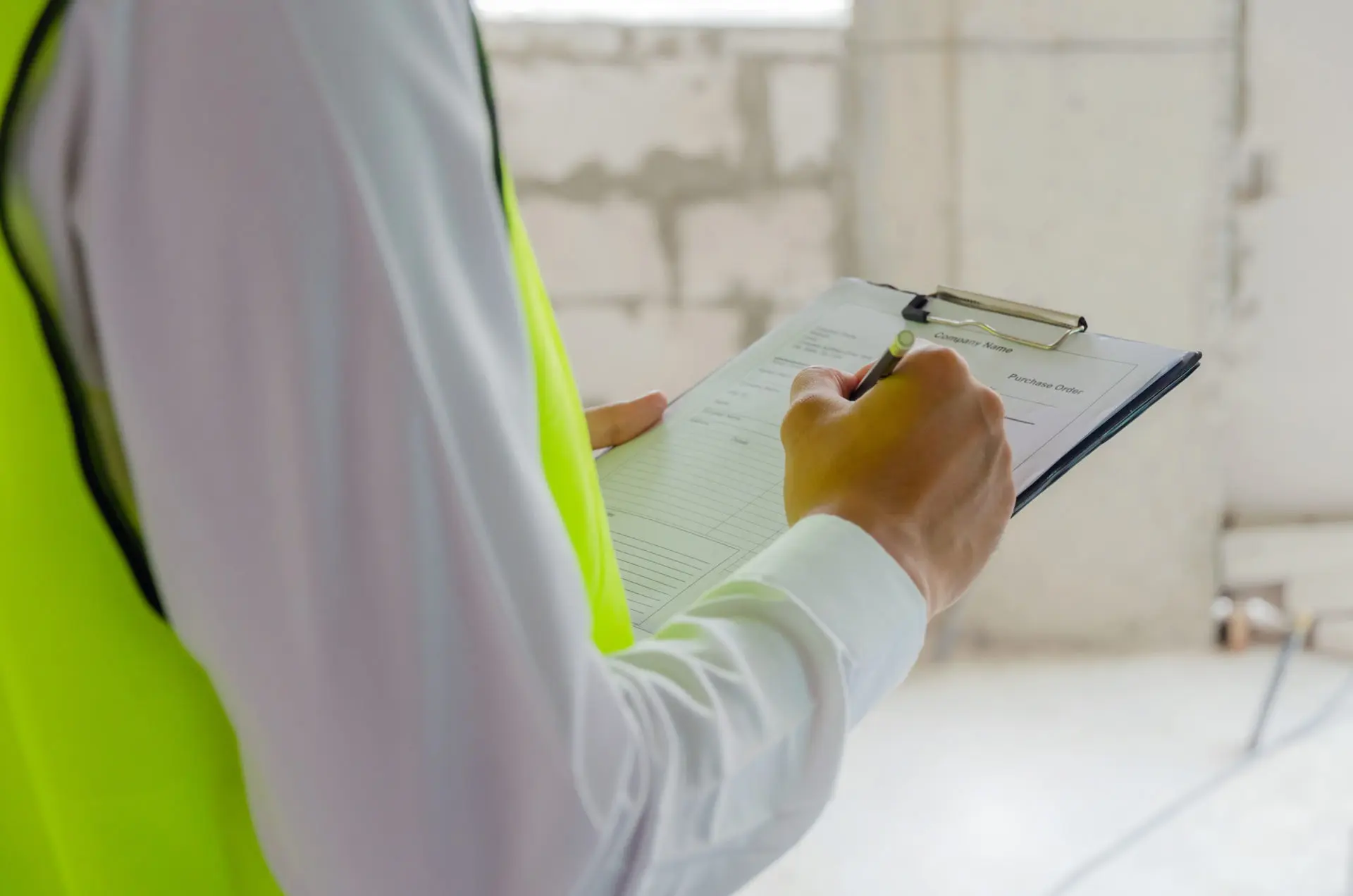The Regulatory Reform (Fire Safety) Order 2005 brought the common parts of blocks of flats within the scope of mainstream fire safety legislation for the first time. Someone must be appointed as the Responsible Person (RP) who has a duty to ensure that a fire risk assessment is undertaken and acted upon.
The RP could be the landlord, freeholder, or managing agent, who has a duty to ensure the safety of flat owners, employees, and visitors.
If the fire risk assessment requires supplying and maintaining the correct fire extinguishers, then the RP must ensure that they are provided. In some cases, insurers may also require that fire extinguishers are provided.
Who should undertake the fire risk assessment in a block of flats?
The law does not specify who is allowed to carry out a fire risk assessment. It simply states that the person must be competent enough to complete a ‘suitable and sufficient’ assessment of that particular building. Although you can carry out a fire risk assessment yourself, if you live in a large or complex building it is recommended that you get a professional to carry out the assessment.
Similarly, there are no specific rules on how often fire risk assessments must be carried out or reviewed. The law simply says that the person responsible for the assessment in your building must review it ‘regularly’ to make sure it’s up to date. Government guidance suggests that a modern block of no more than 4 storeys might require a review every 2 years with a new fire risk assessment completed every 4 years. However, other factors (such as older properties or those with more than 4 storeys, for instance) might require more frequent reviews and in extreme cases an annual fire risk assessment might be appropriate.
Are fire extinguishers needed in a block of flats?
Government guidance points out that it is rare for there to be a need for fire-fighting equipment to be used by people present in the common parts of blocks of flats. Provision of fire extinguishers may only be necessary in areas such as plant/boiler rooms, community facilities, and staff rooms.
It states: “It is not normally considered necessary to provide fire extinguishers or hose reels in the common parts of blocks of flats. Such equipment should only be used by those trained in its use. It is not considered appropriate or practicable for residents in a block of flats to receive such training.”
Residents may, however, wish to keep their own fire extinguisher.
If you are looking for a supplier or someone to check and maintain fire extinguishers, a good starting point is BAFE, the British Approvals for Fire Equipment. BAFE is an independent registration body for third party certified fire protection companies across the UK and it maintains an online register of quality fire safety service providers. Fire extinguishers require inspections and maintenance every 12 months by trained specialists.
This Government information on fire safety in purpose-built blocks of flats helps to fulfil this duty but be aware that the current version was produced in 2011 and summarised the legislation, guidance and best practice at the time of writing. The Home Office is working on a revised version of the guide which it intends to publish in 2023.
Blocks of Flats Insurance from Gallagher
We understand that cover and price are important to you, and we will search our panel of well-known insurers to help find you suitable protection. Use our quote form or call us on 0800 612 8631 for a quote.
The sole purpose of this article is to provide guidance on the issues covered. This article is not intended to give legal advice, and, accordingly, it should not be relied upon. It should not be regarded as a comprehensive statement of the law and/or market practice in this area. We make no claims as to the completeness or accuracy of the information contained herein or in the links which were live at the date of publication. You should not act upon (or should refrain from acting upon) information in this publication without first seeking specific legal and/or specialist advice. Arthur J. Gallagher Insurance Brokers Limited accepts no liability for any inaccuracy, omission or mistake in this publication, nor will we be responsible for any loss which may be suffered as a result of any person relying on the information contained herein.
FP847-2023
